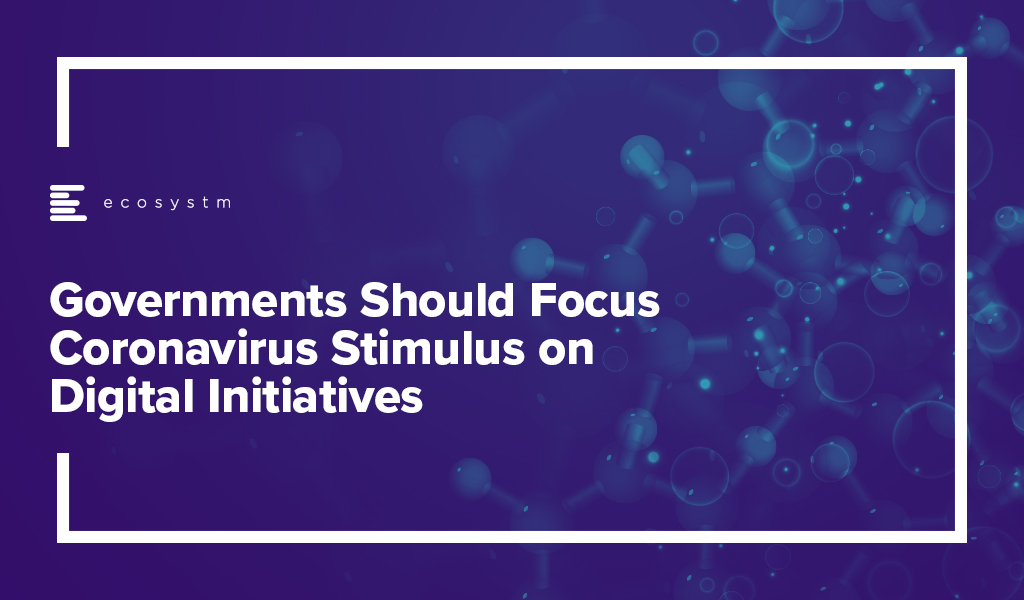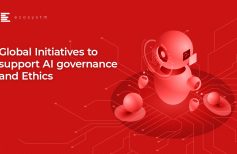
The last week or so has seen a numbers of central banks (such as the US and Australia) ease their monetary policies – lowering interest rates in order to stimulate investment and economic activity. But this alone won’t be enough to slow down economic growth – the generally accepted wisdom is that governments will need to quickly roll out stimulus packages to get money into the economy faster. Some countries, like Hong Kong, have already kicked off this process – others are likely be announce packages over the next few weeks.
Typically, these stimulus packages are designed to get the economy moving again – bringing forward existing spending plans or creating new spend. Good stimulus packages will have a broad impact but also drive improved business and employment outcomes. Some are targeted towards the sectors most impacted (e.g. in Australia the seafood export market has been impacted heavily by China’s decision to stop importing any seafood; in Thailand the tourism sector is hit hard by the slowdown in arrivals from China – that makes up a large percentage of the tourists in an economy where tourism is a significant sector).
But often they are not targeted. Some governments might just let businesses write off any investment faster than usual (such as within a single financial year instead of depreciating the spend over a number of years) or will just send a cheque to every income earner. The issue with these stimulus packages is that they don’t drive a specific outcome apart from getting spend into the economy faster. Stimulus packages have an opportunity to drive change – and the COVID-19 virus has shown that some businesses are not well equipped for the digital era. They are finding it hard managing the distributed workforce when they ask their staff to work at home. There are also many challenges that governments and businesses are facing in serving customers across digital channels.
This is the opportunity for governments to stimulate the economy and help businesses improve the digital experiences of customers and employees. The world is going digital – we all know what good digital experiences look like as we have them on our smartphones in our pockets. But we also know that most companies and government agencies we deal with are not offering great digital experiences… And while we all hope that virus outbreaks such as COVID-19 don’t happen that often, we know that something like this will happen again – so it would be great if businesses were prepared for such an outcome.
Therefore now is the chance to target the stimulus packages towards both the impacted sectors of the economy as well as the areas of spend that will drive better digital experiences for customers and employees. There could be incentives to spend more on software and cloud services, spend more with consultancies or spend more with digital marketing agencies. It will also help small businesses compete with larger businesses on an equal playing field (for example, the large takeaway food outlets have an app that lets you pre-order food, but many small ones do not).
In 2009, the Australian government rolled out a stimulus package – one that was ultimately one of the major reasons the economy came through the global financial crisis without falling into recession. They gave an immediate cash stimulus to taxpayers which helped get an immediate spend in the economy. They also had a housing insulation spend which promised roof insulation for 2.7 million homes – this provided stimulus to the economy in the mid-term. They then provided new school halls, social housing and roads – which provided the stimulus in the longer term. While it can be argued that the programs were not effectively administered, the stimulus got the economy moving and also helped the government hit some longer term goals – such as reducing greenhouse gas emissions (through better housing insulation therefore less use of electricity to heat and cool homes) and also upgrading aging infrastructure in schools across the country. For many businesses, the focus today is on providing great customer experiences – and many of those experiences will be digital. Governments have the chance to use their stimulus p to accelerate that outcome.







